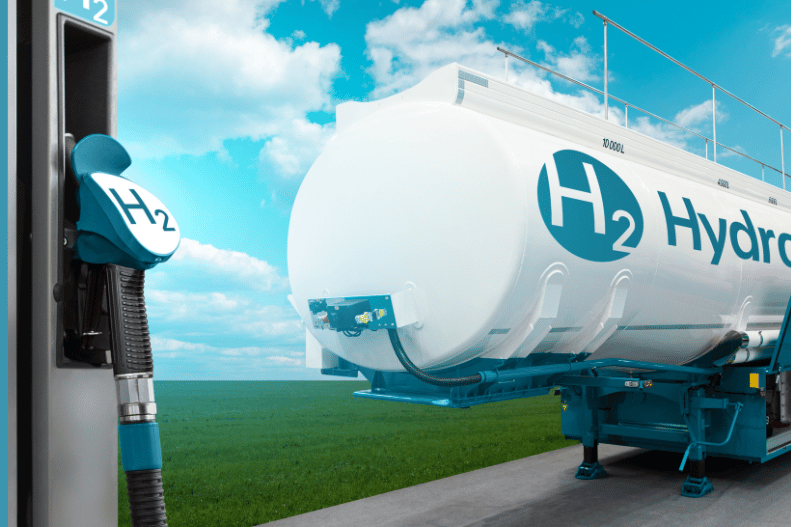Green hydrogen is emerging globally as a pivotal clean energy solution.
It comes with the promise of being able to decarbonize high-emission sectors like transportation and industrial manufacturing. Globally, the cooperation on green hydrogen manufacturing and supply is set to be discussed by G-20 leaders at this year’s summit in New Delhi.
What is Green Hydrogen?
Hydrogen, in its pure form, is obtained by isolating it from other elements in molecules where hydrogen occurs. For instance, water (H2O) can be split into its hydrogen and oxygen components through electrolysis. Historically, hydrogen production has been closely tied to fossil fuels, particularly natural gas. However, when generated using renewable energy sources, the resulting hydrogen is classified as green hydrogen.
The global market for green hydrogen is projected to soar to $410 billion by 2030, potentially doubling its current market size. Nonetheless, critics contend that the viability of this fuel at scale hinges on the source of energy used in its production.
Applications of Green Hydrogen
Green hydrogen holds immense potential across diverse industries including steelmaking, concrete production, chemical manufacturing, and fertilizer production. It can also serve as a source of electricity, a transport fuel, and a heating solution for homes and offices. While hydrogen’s role in refining petrol may diminish in a fossil fuel-free future, it remains crucial in fertilizer production—an essential component of global food security.
Addressing Doubts about Green Hydrogen
Concerns about hydrogen’s flammability and transportation limitations may restrict its use in dispersed applications like residential heating, according to a report by the Energy Transitions Commission. Additionally, hydrogen conversion processes result in energy loss compared to direct electrification.
However, there is significant potential for hydrogen as an energy storage alternative to batteries for large-scale, long-term applications, especially with autonomous solutions underway to help ease the safety concerns with transporting hydrogen.
While challenges like production costs, water requirements, and the absence of international standards have been raised, proponents, like Francisco Boshell from the International Renewable Energy Agency, argue that the demand for green hydrogen will witness substantial growth in the coming decades. Replacing gray hydrogen production (from fossil fuels) with green hydrogen is identified as a pivotal step towards establishing a sustainable market.
In the midst of debates, green hydrogen stands as a transformative force in the transition towards clean energy, particularly in sectors where direct electrification is impractical. As research and investment continue, the role of green hydrogen in a sustainable future is securely poised for expansion.

